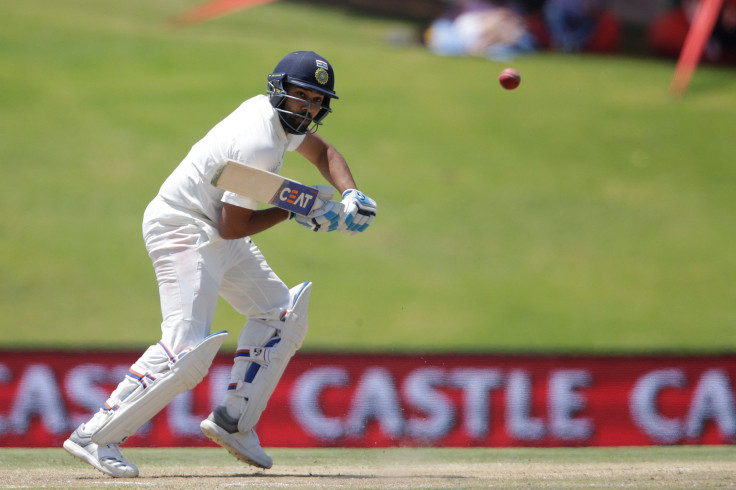Adidas Joins Nike In Scaling Back Unsustainable Cricket Equipment Spend In India

German sportswear giant Adidas joined American counterparts Nike in scaling back their spends on manufacturing and selling cricket goods in India despite it being the largest market for the sport.
The price among the global brands and the local manufacturers have seen more than one major brand scale down their operation in recent times with Adidas now being the latest. They have decided to stop making bats and soft cricket equipment’s like gloves and pads.
The German sportswear and equipment manufacturers have decided to outsource their operations and it comes on the heels of Nike deciding to stop selling bats in India, while they also pulled out of lucrative bat sponsorship deals with the high-profile Indian cricketers.
Sean van Wyk, the senior marketing director at Adidas, confirmed their decision and revealed outsourcing their operations made more financial sense as it helped increase their distribution.
"We made the decision to licence out our cricket hardware and soft goods to JVS," senior marketing director at Adidas, Van Wyk said, as quoted on Indian daily Economic Times. "This is a common business model, used extensively across the world, which allows us to increase our distribution of the cricket category.”
According to Economic Times, it roughly costs 50 lakh rupees ($69,570) for a company to sponsor the bat of a rookie cricketer while a top Indian cricketer will charge anywhere between $1 million - $1.5 million. Indian Tire manufacturers MRF and CEAT are the biggest bat sponsors at the moment, with multiple cricketers also sponsored by local bat and cricket equipment makers Sanspareils Greenlands and Sareen Sports (SS).
The likes of Adidas and Nike will continue to supply apparel and footwear to Indian crickets with the former currently tied up with team India stars Rohit Sharma, Rishabh Pant and Kuldeep Yadav. The latter, meanwhile, are contracted to supply the Indian cricket team with apparel in all formats of the game.
India cricket captain Virat Kohli, who is arguably the most marketable personality in the country, was contracted to Adidas earlier, but once they ended their partnership, he linked up with fellow German sportswear giant Puma by signing a lucrative $14 million deal.
A senior executive at a global sportswear firm also revealed global brands cannot compete with major Indian brands when it comes to justifying sponsorship costs with the sales of the bat. They also blamed local bat and equipment makers of “undercutting” the global brands when it comes to prices for the end product.
"There are mainly two reasons why a company would cough up crores of rupees to sponsor a cricket bat," a senior executive at a global sportswear firm said. "First, you would want people to buy that brand of bat and second, you would want to gain general visibility. The latter is why tyre companies spend huge amounts of money to sponsor bats. It doesn't make economic sense for us to compete with them because we cannot sell that many bats in India."
"As vendors, they charge us so much that the end product becomes too expensive. Moreover, they sell their own brands of bats cheaper,” another manager handling cricket at a major global sportswear firm added.
However, the managing director of local bat and equipment manufacturer suggests it is an “ugly price war.” Jatin Sareen of SS blamed the global brands for pushing the price up before cutting ties when it becomes unsustainable.
"It's an ugly price war," Sareen said. "First, these global companies overspend and push up the sponsorship limits and later when they realize that it's not sustainable, they pull out."
© Copyright IBTimes 2024. All rights reserved.





















